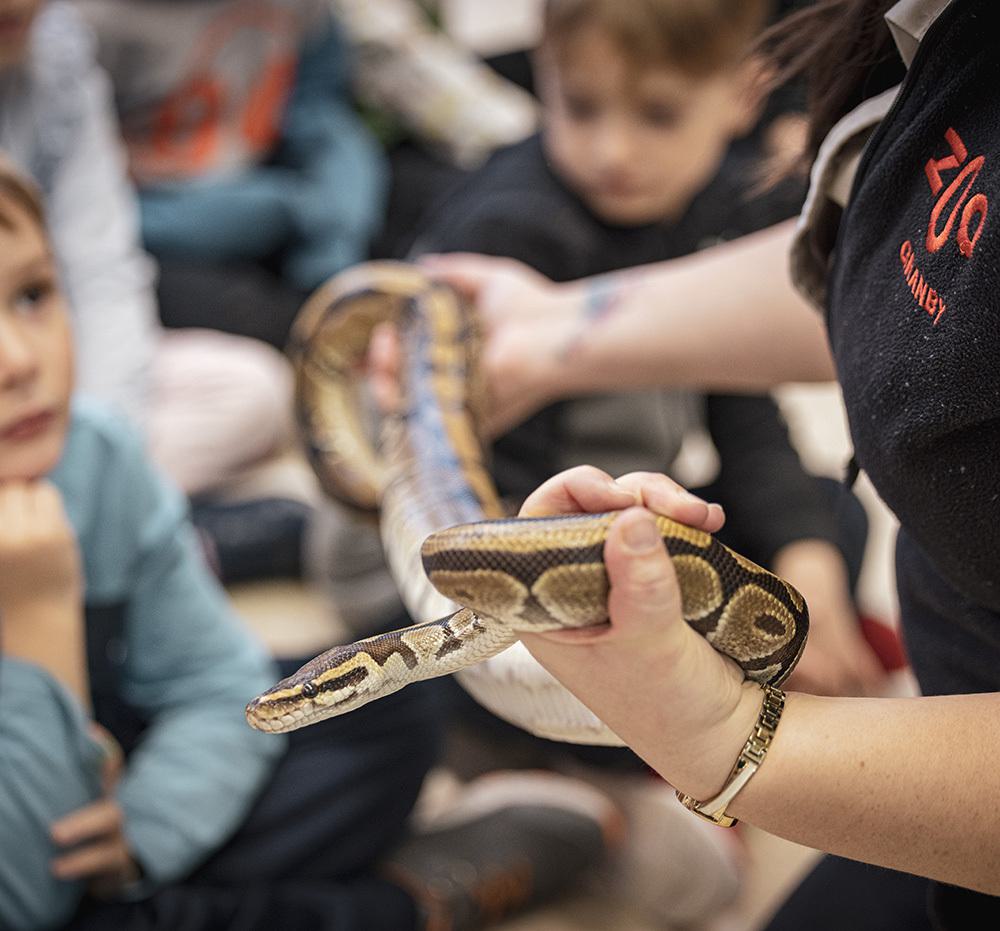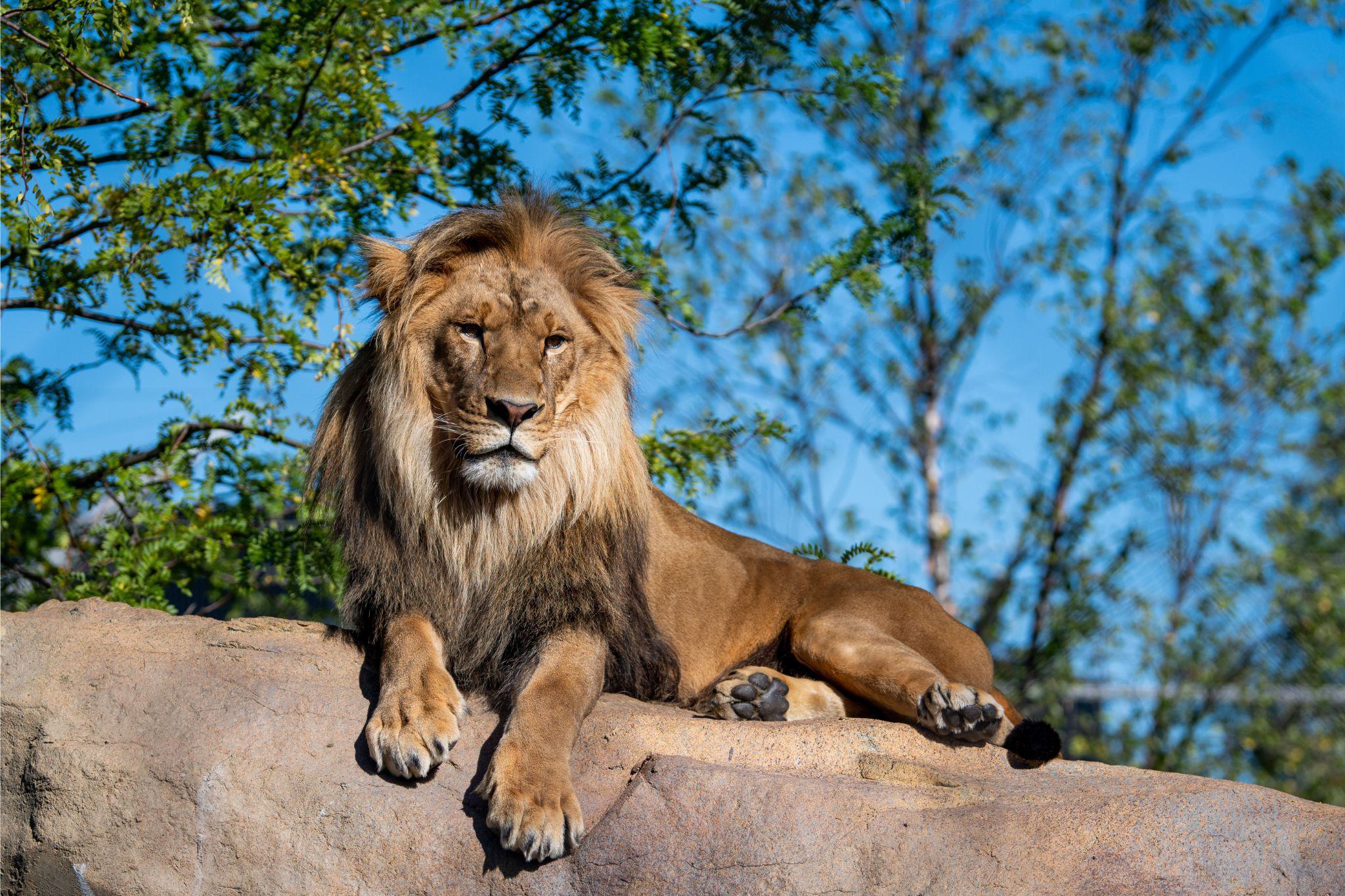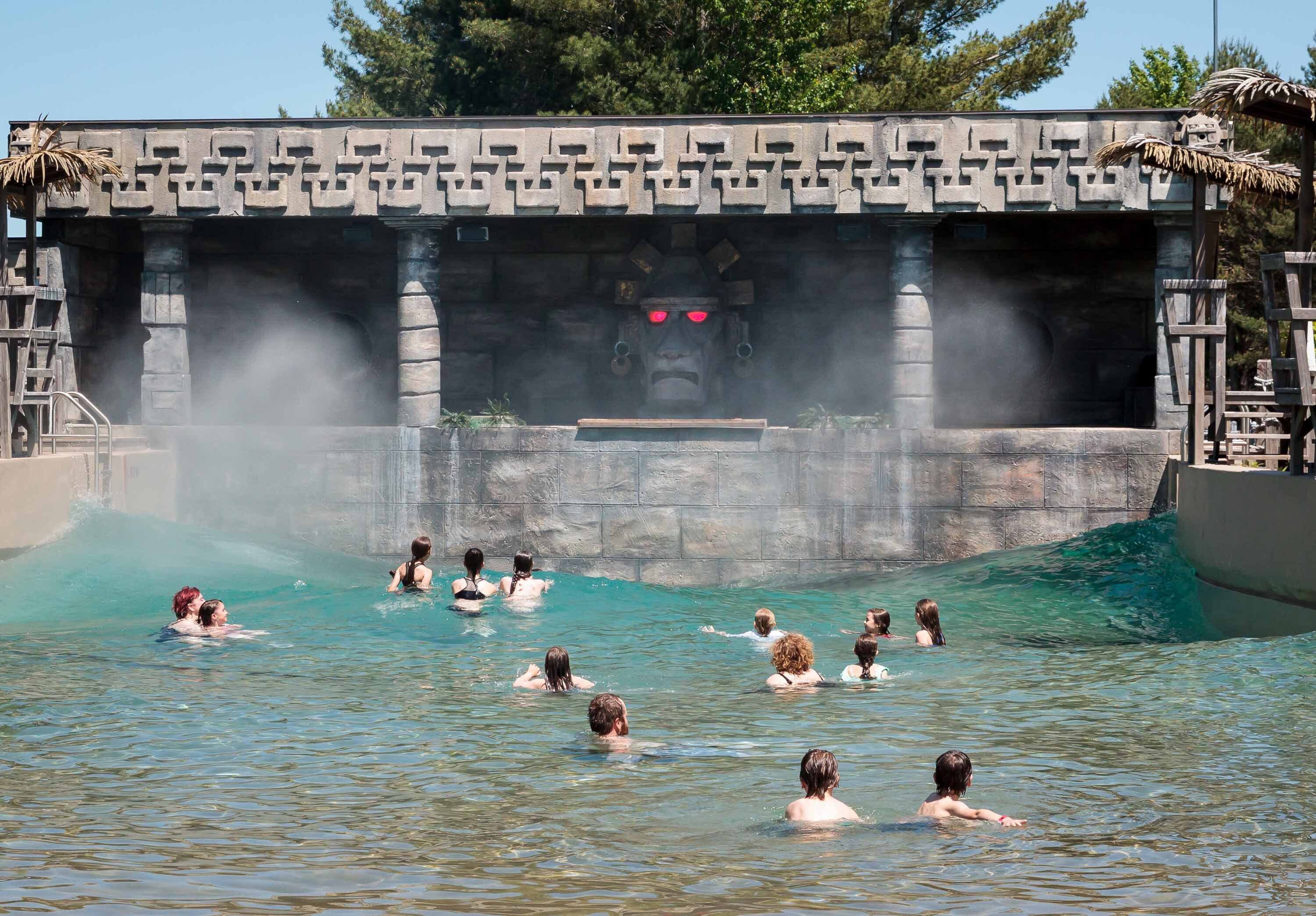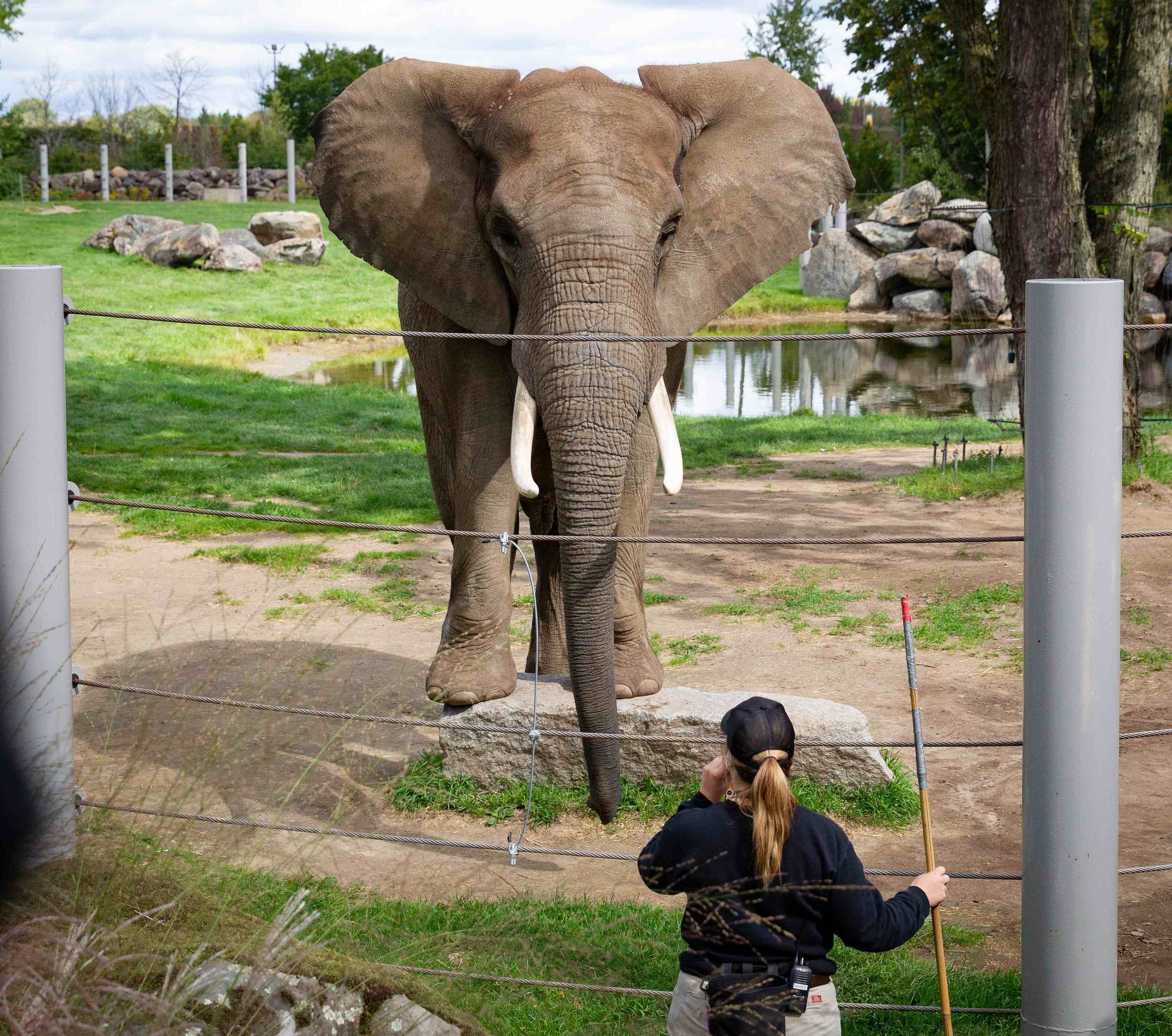Accredited Zoos, a Remarkable Educational an Awareness Raising Tool
Education and awareness raising play a crucial role in accredited zoos by significantly contributing to the preservation of animal species. These institutions are actively committed to familiarizing the general public with the wonders of nature, the importance of each species, the issues they face and the actions that can promote their conservation. For this International Day of Education, we wish to highlight the major role zoological institutions play in mobilizing public opinion about the importance of protecting the Earth’s biodiversity.


Committed to inform
Accredited zoos are committed to informing visitors about the issues involved in preserving endangered species, bringing to light all the dangers that weigh heavily on biodiversity.
Through educational programs, these establishments aim to raise visitors’ environmental awareness, encouraging them to take an active part in the preservation of wildlife.
Zoological institutions accredited by the Association of Zoos and Aquariums (AZA), of which the Zoo de Granby is a member, play an essential role in educating over 180 million visitors annually, including 51 million students.
In fact, over the past ten years, AZA institutions have trained more than 400,000 teachers with highly successful, tried-and-tested science programs.
A main objective for the biodiversity

The main objective of education programs in zoos is to create an emotional connection between the public and animals, fostering empathy and a better understanding of the challenges many species must overcome.
Visitors learn about the crucial importance of preserving natural habitats and ecosystems for the well-being of animals, as well as the ecological role they play. Indeed, every species is important, from the smallest mosquito to the largest elephant!
Accredited zoos also strive to promote scientific research, contributing to breeding programs and the reintroduction of endangered species into their natural habitats.
Educating the public about these initiatives increases their understanding of concrete actions taken for conservation. We all have a part to play in the solution.
_____
By raising their visitors’ awareness about the dangers threatening wildlife, zoological institutions hope to stimulate a change in the behaviour and attitudes of the population in supporting the protection of natural habitats.
By doing so, they become a catalyst for creating a generation that is both conscious and truly engaged in the preservation of biodiversity.
The education provided by zoos goes beyond simply offering information about species by including all the ethical aspects of conservation. Visitors are encouraged to reflect about their impact on nature and to incorporate environmentally friendly practices into their daily lives.

A team dedicated to education
At the Zoo de Granby, education and raising public awareness have been two top priorities for nearly 40 years.
Today, a team of a dozen naturalist-interpreters criss-cross the zoo pathways to meet with visitors throughout the operating season. They also visit different Québec regions throughout the year, and welcome school groups to the Zoo to give students a unique hands-on experience with our vulnerable wildlife.
The animal care technicians also contribute their knowledge and expertise during interactive events with the public, emphasizing their day-to-day work with endangered species in the wild.
With over 600,000 visitors every year, the Zoo de Granby is an exceptional awareness-raising platform, a responsibility our scientific communications professionals take very much to heart.
Therefore, the education provided by accredited zoos is essential if we’re to build a world in which future generations will be responsible custodians of our planet’s biological diversity. These institutions have positioned themselves as pillars of conservation, playing a key role in safeguarding animal species for generations to come.



